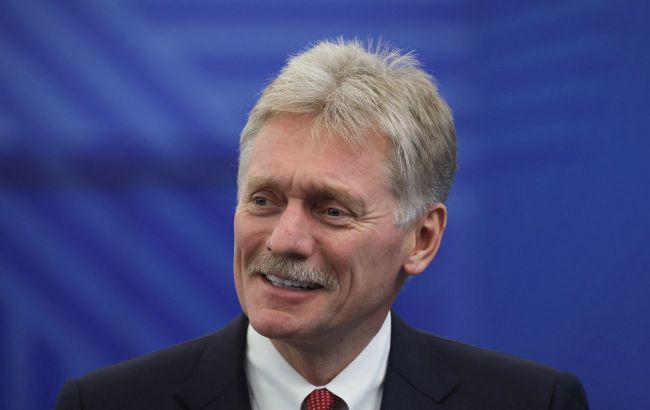Kremlin denies tensions with US over Burevestnik missile tests
 Photo: Dmitry Peskov, Kremlin press secretary (Getty Images)
Photo: Dmitry Peskov, Kremlin press secretary (Getty Images)
The Kremlin believes that the tests of the long-range cruise missile Burevestnik should not affect relations between the United States and Russia, said Kremlin spokesperson Dmitry Peskov, Kommersant reports.
"There is nothing here that could or should strain relations between Moscow and Washington," Peskov said.
He added that US-Russia relations are currently "at a minimal level." According to him, only "the first cautious efforts have begun to try to pull these relations out of their previous state of paralysis."
Burevestnik tests
Russia recently announced the testing of the 9M730 Burevestnik cruise missile, with Russian leader Vladimir Putin participating.
According to Kremlin officials, the test took place on October 21, with a flight lasting 15 hours. The missile reportedly traveled 14,000 km at a speed of around 933 km/h.
Putin called the system a unique product and ordered the preparation of infrastructure for its deployment. Independent verification of these claims is not available. Preparations for the tests were reportedly observed as early as August, and the project has been in development since 2001.
The Burevestnik is positioned as a cruise missile with a nuclear propulsion system and nearly global range. A solid-fuel booster is used for launch. The missile is about 12 meters long (approximately 9 meters after booster separation) with a declared speed of 850–1300 km/h.
According to Western researchers, Russia has conducted several dozen tests, with only one or two considered successful.
The most notable incident occurred on August 8, 2019, in the Arkhangelsk region, when a test exploded, killing five scientists and causing a short-term spike in radiation levels.
Afterward, US President Donald Trump stated that Putin should focus on ending the war against Ukraine rather than testing his missiles.

